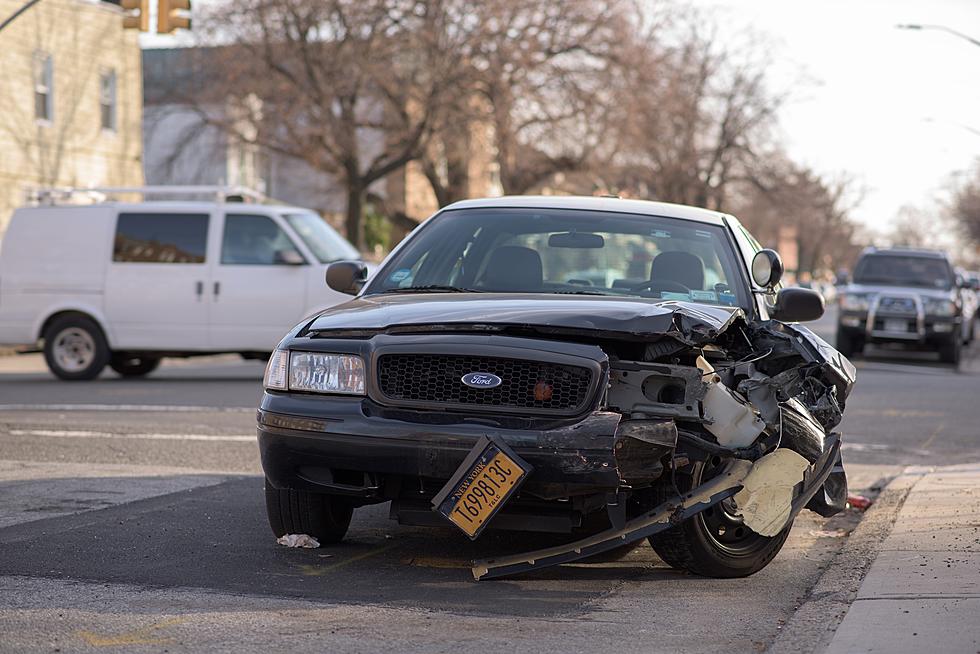
Is It Illegal in Texas To Log On To An Open Wi-Fi Connection?
We all do it. When in a public place and there is an "open" WiFi connection, one that is not password protected, it seems perfectly ok to jump on and open some email or browse your favorite websites. This is often called "piggybacking"
What many people do not realize is that it is illegal to do that.
Not only is there a federal law passed in 1986 which is still in effect that forbids piggybacking, Texas law specifically addresses this issue.
The federal law that addresses this is called The Computer Fraud and Abuse Act. It prohibits unauthorized access of any computer or network without the owner's permission. Section 1030(a)(2) of this act makes it a crime to knowingly access a computer, without authorization, to obtain information. Although the law specifies “computer,” courts have extended this definition to include wireless networks. Violations are charged as felonies.
The State of Texas goes even further. Under Texas Penal Code §33.02, it is illegal to “knowingly access a computer, computer network, or computer system without the effective consent of the owner.” A violation under this section is a Class B misdemeanor. Violaters are subject to 180 days in jail and a fine of up to $2,000. It can be even worse. A piggybacking offense could be charged as a felony if you were convicted two or more times under this law, or if the government or a critical institution owned the system you accessed.

Surely accessing a public hot spot in a restaurant, a coffee shop or a restaurant is legal right? No. While, many businesses create a wi-fi hotspot, they often restrict their network to certain terms of usage, including:
- Restricting times and physical locations where the public may access the network.
- Limiting the amount of network bandwidth that may be used.
- Prohibiting inappropriate online activity, such as viewing or downloading illicit content.
- Requiring the user to remain within a designated area within the business premises.
Consenting to use on a popup when logging in does not necessarily absolve you of legal consequences.
In addition, if you share your wifi connection with others, you can be criminally responsible for illegal activity that happens on that connection. If someone logs on your network and engages in illegal hacking or downloading criminal content such as child pornography, the owner of the network can be charged.
Also, if you use a public network, courts have consistently ruled that you DO NOT HAVE a reasonable expectation of privacy. So if someone steals information you share on a public Wi-Fi network, you will have almost no legal recourse.
."}" data-sheets-userformat="{"2":33554688,"11":4,"28":1}">
."}" data-sheets-userformat="{"2":33554688,"11":4,"28":1}">
Beware of These 50 Jobs That Might Vanish in the Next 50 Years
CHECK IT OUT: How To Unlock Your iPhone With Your Voice


